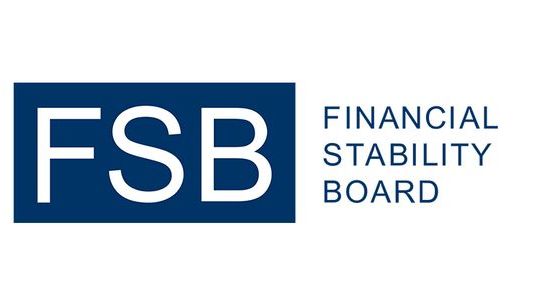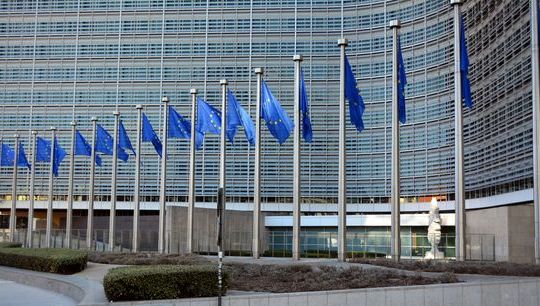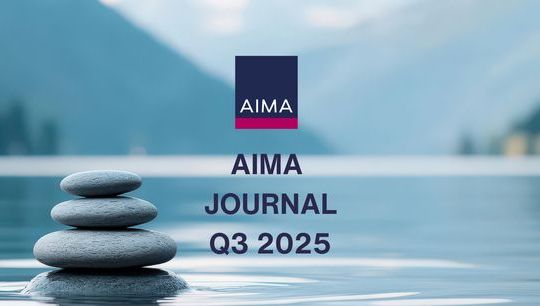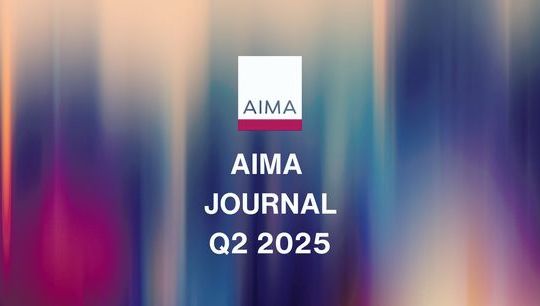Going modular: Why outsourced trading is no longer an all-or-nothing option
By Damian Hoult, State Street
Published: 27 June 2022
Damian Hoult, Outsourced Trading Distribution and Product Development Executive at State Street, explains how outsourced trading solutions are gaining traction among fund managers across all asset classes.
Outsourcing trading execution used to be a binary decision. Fund managers either concentrated entirely on asset allocation and strategy and handed over all trading to a third-party, or they built an in-house trading desk to handle all their liquidity requirements and potentially create an extra avenue for alpha.
However, asset owners and managers are becoming more receptive to a modular approach as technology advances expand execution capability and regulatory burdens increase execution costs. In Bloomberg’s 2022 US Institutional Equity Trading Study, 20 percent of participants said they have plans to implement some form of outsource trading in the next two years.1
What are the main benefits of an outsourced trading solution over in-house execution?
Outsourced trading should not be seen as an alternative, but as a partner offering a broad spectrum of products and services for fund managers to choose from. A fund manager considering outsourcing should first assess the needs of their portfolio and whether they can perform cost-effective execution. If they are unable to, outsourcing to a global third-party platform can fill those gaps and create the optimal trading model. The Bloomberg survey showed, for instance, that traders are more, willing to outsource specific markets, asset classes and account types — rather than the whole trading desk. It also indicated that quantitative asset managers and hedge funds are more open to this than traditional fundamental funds.
In practice, we’re seeing different parts of the industry embrace outsourcing for multiple reasons. There are the funds that are just launching and may not have the scale to justify building an internal trading desk; managers who are expanding into new areas and lack the necessary expertise; smaller-sized firms with one-off events such as managing an unusually large cash flow; and hedge fund managers who want to take advantage of a short-term opportunity in a new market, where setting up internally would take too long.
These scenarios often involve complying with constantly changing regulatory environments across the globe, and this requires a significant investment in both people and technology, which in practice is only financially viable for the largest asset management firms. In some markets, the risk of breaching regulations can be catastrophic, so being able to outsource this risk alone can be invaluable. Using an outsourced trading desk provides the benefit of instant access to global teams that have local regulatory and compliance expertise.
Fund managers always need to be on top of costs that can eat into their performance. How does outsourcing help?
For many hedge fund managers, the cost of building desks to access global markets from a single hub or moving into other asset classes can be prohibitive. Some of the bigger outsourced trading desks can offer multi-asset class trading, which enables fund managers to tap into trading expertise within a specific asset class without building their own trading capability. For the more opportunistic hedge funds, outsourcing also provides the economy of a variable — rather than fixed — cost structure. Effectively, you rent rather than own, and only pay to play. A trading solution is available whenever you need it, but unlike building an internal capability there is no cost when you don’t use it.
On the regulatory side, where compliance costs are steadily rising, transaction cost analysis (TCA) has become an integral part of the investment process for asset managers and owners. Some outsourced trading businesses have invested heavily in market-leading bespoke analytics products to measure and identify trading costs and use as an input to identify execution cost savings and help improve fund performance. Outsourced trading desks will always direct flow where liquidity is available, which gives clients “best execution” outcomes.
What has COVID-19 taught fund managers about their trading set-up?
COVID-19’s work-from-home requirement showed us that traders do not all need to work in the same location as their team members. Once you accept the idea of not needing all your asset managers and traders to be in one place, outsourcing some of your trading to a better-suited location is a much smaller step. Another discovery was the shortfall in almost everyone’s business contingency plans (BCPs). BCPs were based on the premise of providing a separate workspace if the primary location is not functional or available, but they never accounted for the possibility that personnel would not be able to move.
So in the same way that cloud technology has made computer access portable, outsourcing ensures trading continuity when access to internal capabilities is restricted.
How should fund managers be thinking about the optimal model for their business?
As with most issues, it usually comes down to money. Fund managers need to constantly invest substantial sums in technology to stay updated with the evolving market structure and global regulatory requirements and to optimise their trading outcomes. Global outsourced trading firms invest significantly in technology to stay ahead of the curve, which is only possible thanks to their global footprints and scale. This is reflected in the Bloomberg survey, and explains why small- and medium-sized firms are more open to outsourcing: it gives them access to markets and resources that would not otherwise be available. Having already made that investment, large asset managers tend to prefer to stick with their in-house desks. It is important to distinguish between different outsourced trading desks.
Some are experienced in managing cross-asset class trades, derivatives, overlays and FX, while others may only offer a more vanilla service. Outsourced trading is not a binary offering or one-size-fits-all solution, and not all outsourced trading desks are created equal.










